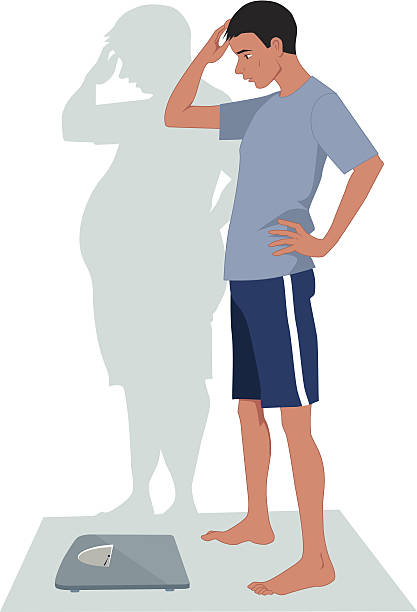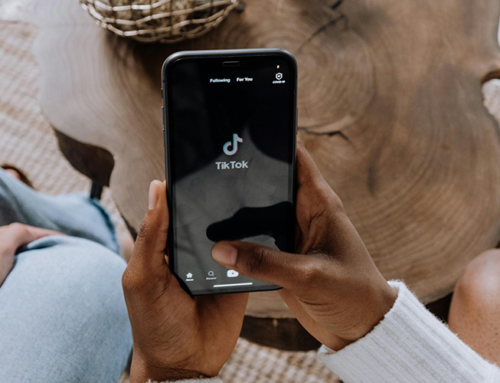
How many men suffer from an eating disorder?
We often think of females when looking at eating disorders, however, the National Association for Males with Eating Disorders estimates that 25 to 40 percent of people with all eating disorders are males. Men and boys suffer from an eating disorder as much as females do, and it’s important to understand that gender doesn’t prevent one from developing an eating disorder.
The Big Surge in Eating Disorder During lockdown: The lockdown due to COVID-19 has caused many people to develop an eating disorder, relapse, and/ or delay their recovery, 40 percent of which are males.
Facts: 33% of adolescent males use unhealthy weight control behaviors. 37% of men who binge eat experience depression. 43% of men are dissatisfied with their bodies.
Notable factors: Muscularity in the Media: The ideal male body representation has increased, presenting a largely unattainable muscular body type. Less likely to get help: Males are perceived in gender roles and traditional muscular and as this has become an ideal norm in our society, it has lead to negative attitudes towards those seeking psychological help. Sexuality: Males apart of the Lgbqt+ are more likely to develop an eating disorder.
Causes of negative body image in men and boys:
- Teasing in childhood and adolescence (being called too thin, too weak, or too fat)
- Peer pressure among teenage boys to be physically ‘tough’ and ‘strong’
- A cultural tendency to judge people on their appearance
- The emphasis on male sports players as role models for boys
- Advertising campaigns and media coverage featuring idealized male images
- Promotion by society of the ‘ideal’ man as always being strong, lean, and muscular
- Well-meaning public health campaigns that urge people to lose weight.
How the Media and Marketing are Responsible: As the majority of us spend hours on social media, our feeds are constantly filled with unrealistic lifestyles and realities. Boys and men are regularly exposed to an idealized masculine body type via media and marketing that can influence the development of body dissatisfaction in men. Furthermore, young children who play with superhero figures or action figures may be idealizing body types that are not humanly attainable, giving boys an unrealistic standard to live up to. Thus, illustrating that the media and marketing target boys at a young age with unrealistic body images, whether, it’s in their favorite anime, video games, and/ or social media. An article by BuzzFeed, “This Is What It’s Like For Men With Eating Disorders” states, “many guys with eating disorders or with body image issues, they’re not trying to lose weight. They’re actually trying to bulk up and be muscular.” This demonstrates, that social media and Heors from the Marvel Cinematic Universe have distorted men’s body images, resulting in men and young boys being pressured to Captain America’s washboard abs and bodies devoid of an ounce of body fat. The V shape — broad shoulders, six-pack abs, smaller waist — has become the male body ideal. Nonetheless, if you or someone you care about is a male with an eating disorder, do not hesitate to seek help. While reaching out for help may seem scary, it is an important first step in overcoming a disorder that can be treated.
Note: The Free Your Mind Mental Health Society is an independent youth-led organization. The contents of this blog are not intended to be a substitute for professional medical advice, diagnosis, or treatment. Always seek the advice of your physician or another qualified health provider with any questions you may have regarding a medical condition. In the event of a medical emergency, please call your doctor or 911 or other local emergency numbers immediately.
Work Cited:
Abdelmahmoud, E. (2021, February 09). This is what it’s like for men with eating disorders. Retrieved February 16, 2021, from https://www.buzzfeednews.com/article/elaminabdelmahmoud/male-eating-disorders-overexercise-body-image-diet
Doctors warn of ‘tsunami’ of pandemic eating disorders. (2021, February 11). Retrieved February 16, 2021, from https://www.theguardian.com/society/2021/feb/11/doctors-warn-of-tsunami-of-pandemic-eating-disorders
Editors, T. (2013, January 21). Infographic: Men and eating disorders. Retrieved February 16, 2021, from https://goodmenproject.com/health/infographic-men-and-eating-disorders/
Male body image and body dissatisfaction – mirror. (2020, June 11). Retrieved February 16, 2021, from https://mirror-mirror.org/body-image/body-image-men



